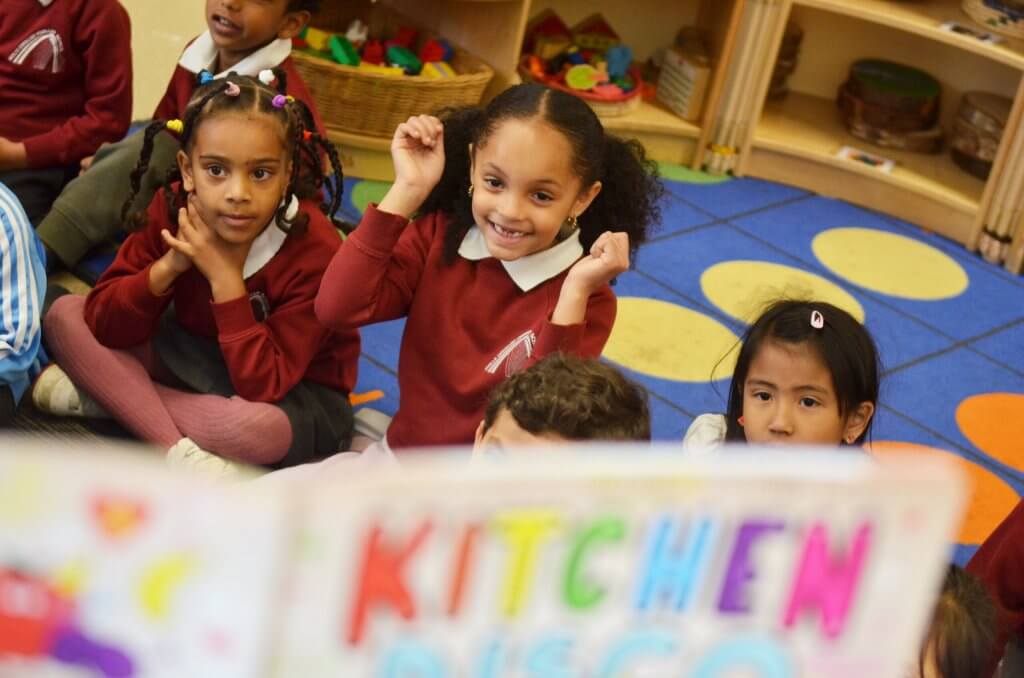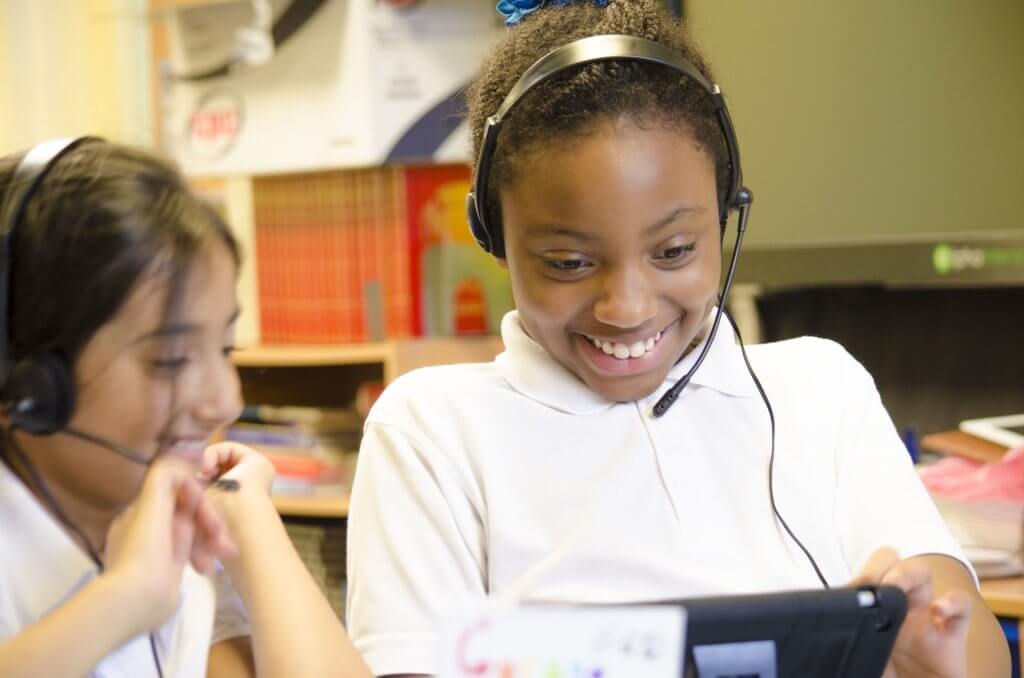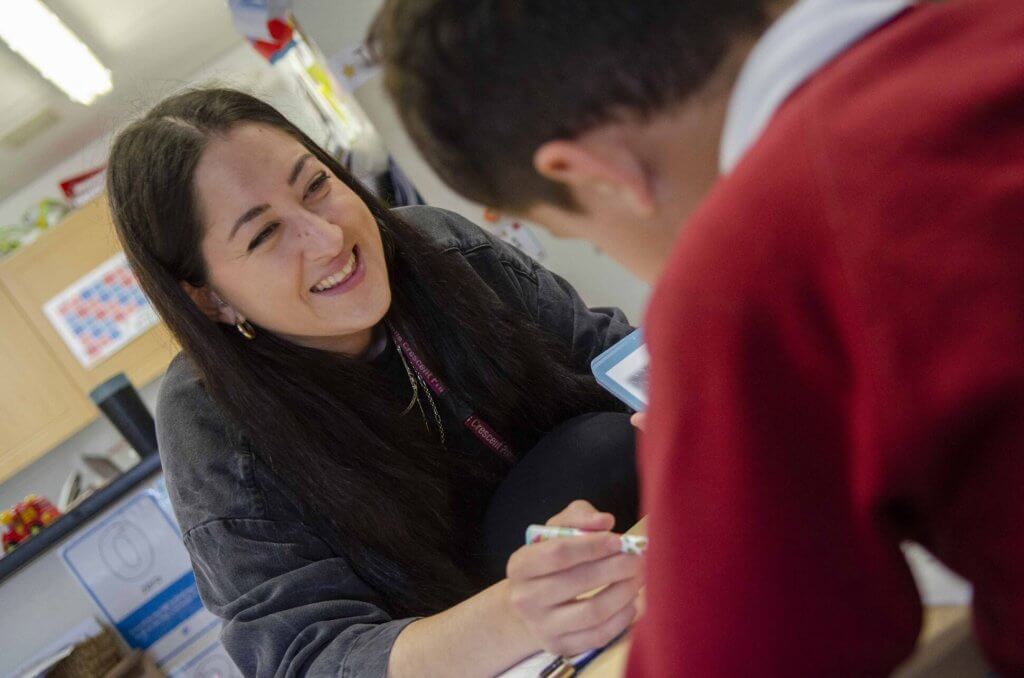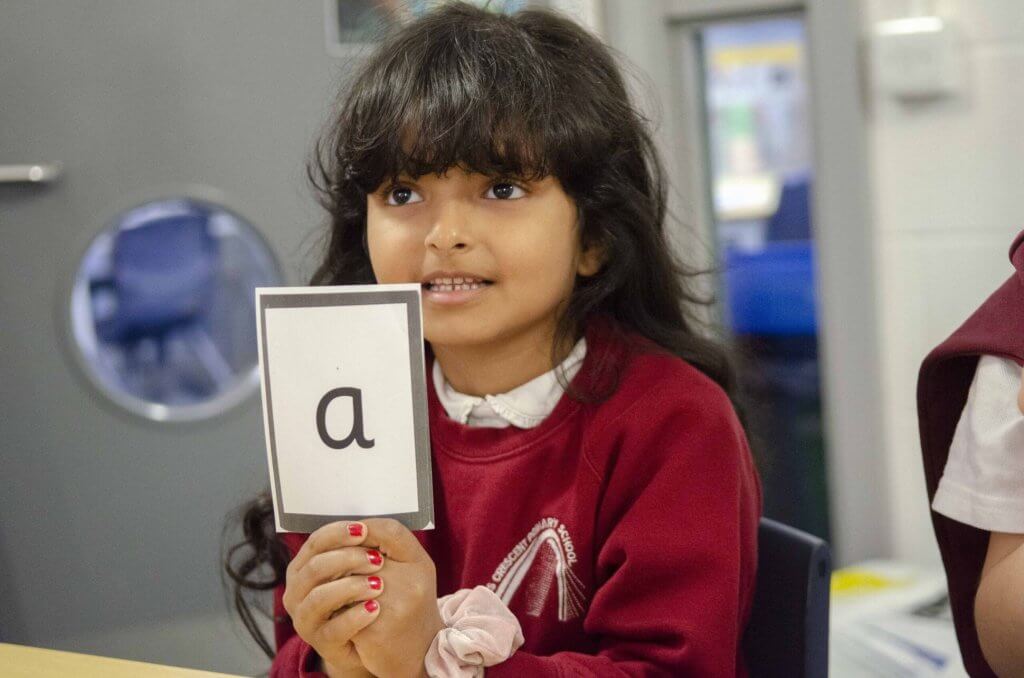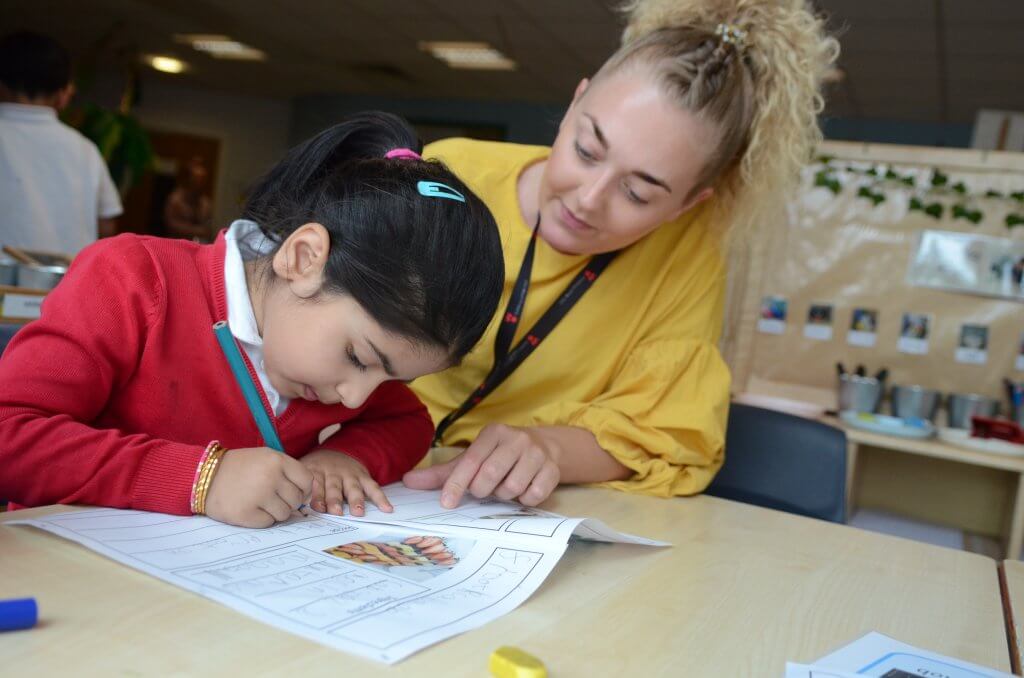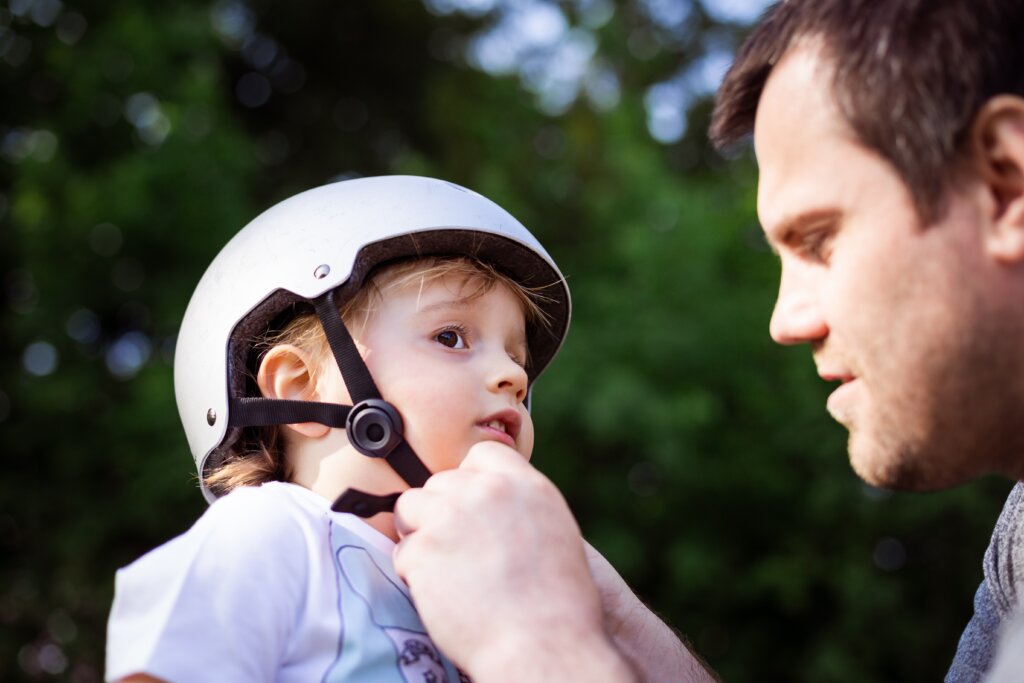Child Safety Week is an education campaign run by the Child Accident Prevention Trust (CAPT) and runs from Monday 6th to Sunday 12th June this year. CAPT’s aim is to trigger conversations about safety, UK wide – this year’s theme is to Keep Safety in Mind.
Just last week, the Department for Education published their latest guidance for schools and colleges – Keeping Children Safe in Education 2022, which comes into force on 1st September this year. One of the larger inclusions in this year’s update comes under the section, “Opportunities to teach safeguarding” and this has had me thinking, how do we remind children to keep their safety in mind?
Schools and colleges have invested a lot of time and resources in recent years in Online Safety, especially when remote learning for pupils became a necessity throughout the Coronavirus pandemic. There is a huge emphasis on the need for schools to safeguard children and young people from potentially harmful and inappropriate online material.
There is undoubtedly a lot of work still to be done, but an effective whole school approach to online safety can support staff, senior leaders and governing bodies in their ability to recognise concerns, intervene and escalate where necessary. A thorough and robust online safety policy should clearly outline the expectations of pupils’ online activity, whilst the curriculum should ensure that this theme is consistent throughout and that pupils know their rights, as well as the responsibility they have when accessing online material.
Schools now hold more responsibility for teaching children and young people about healthy relationships as part of the PSHE curriculum and in response to the Ofsted review of sexual abuse in schools and colleges, pupils are now more aware of how to report sexual harassment or violence.
Another addition to Keeping Children Safe in Education 2022 considers the need for children and young people to be aware of relationship abuse that they may experience, and how schools must do all they can to respond to concerns of this nature. There is a video on Healthy Relationships and Online Safety you can watch over on our Media Gallery.
Many of the safety concerns we discuss nowadays with pupils are complex and some are more prevalent now than they ever have been historically.
Schools are still adapting to new ways of working and are learning how to engage families and communities in the messages they are trying to portray around safeguarding. Other safety concerns are just as prevalent today as they were 30-50 years ago, and Child Safety Week continues to promote these themes. Accidents at home related to poisoning, fire safety, water safety and road safety, are one of the biggest killers of children in England and Wales, second only to cancer (ONS mortality statistics). Schools have a duty of care to teach children and young people about these risks, especially with long summer holidays soon around the corner. We must help children to keep safety in mind.
The Child Accident Prevention Trust have lots of downloadable fact sheets that can be used by schools and shared with parents to support child safety. There are free workshop and session plans on their website which are a great way to start the conversation with pupils. As well as these, there are additional resources and videos on fire safety from the London Fire Brigade and support on water safety can be accessed on the Royal Life Saving Society website.
2,300 children under 16 are killed or seriously injured on roads every year (Department for Transport) and so road safety awareness is key. Lots of local authorities are campaigning for safer roads for cyclists and pedestrians and schools play a key role in supporting these campaigns. The government website, THINK! has a number of video clips, resources, lesson plans and games for children to engage in to help them understand more about road safety. Perhaps have a think about how your school council can support safer roads around your setting – could they contact a local MP or their Police Community Support Officers to help share the message?
The Education Welfare and Safeguarding Team at One Education have joined with our HR team to record a podcast which explores the recent changes to Keeping Children Safe in Education 2022, including “Opportunities to teach safeguarding” – have a listen and use this as an opportunity to think about what you already do and what you might do to improve these learning opportunities in your school.
Keeping children safe is a huge part of what we do in schools, and must always take priority. Use this Child Safety Week to get the children and young people involved in Keeping Safety in Mind.
References

